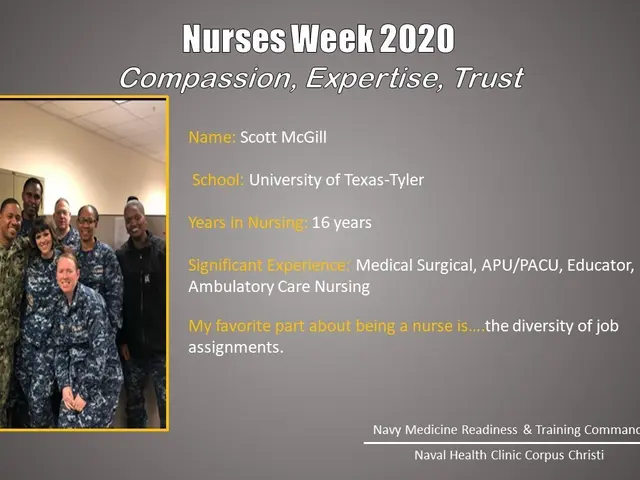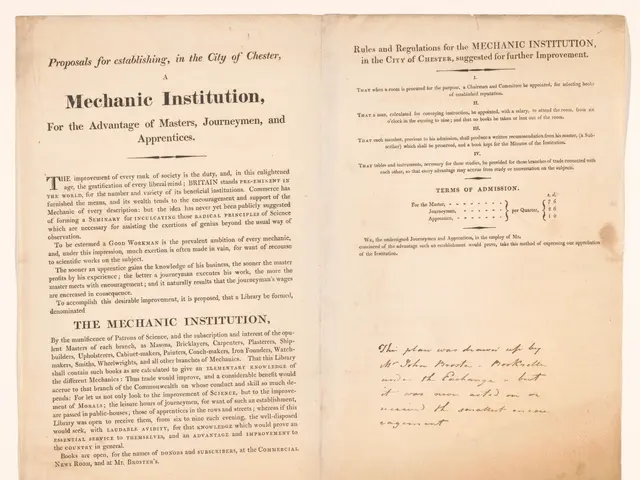Guidelines for Fortifying No-Code Apps in Regulated Sectors
In the rapidly evolving world of no-code applications, financial services firms and healthcare organisations alike are leveraging these platforms for loan and claims management applications, patient management systems, and more. However, the convenience and agility they offer come with potential security and regulatory compliance risks.
To mitigate these risks, security teams must extend their existing application security and governance programs to cover no-code applications. Here are some key recommendations for securing no-code applications in regulated industries:
- Implement Robust Authentication and Authorization Use multi-factor authentication (MFA) for all environments and enforce granular role-based or attribute-based access control to ensure least privilege, limiting user access strictly to what is necessary.
- Embed Security Early in the LCNC Development Process Proactively integrate security controls and threat modeling from the outset of no-code/low-code app development to avoid vulnerabilities and costly compliance failures.
- Establish Governance Policies and Oversight Define clear governance frameworks to oversee citizen developer activities, manage app lifecycle, enforce data integrity, and maintain compliance with industry regulations.
- Perform Thorough Input Validation and Output Encoding Centralize rigorous validation of user inputs and apply proper output encoding to prevent injection attacks and other common security flaws typical in web applications.
- Test and Validate Apps Continuously Use automated testing, staging environments, and CI/CD pipelines with integrated security scans and secret scanning to catch and fix vulnerabilities before production deployment.
- Consider Application Security Hardening at the Binary Level Employ advanced solutions such as memory randomization and runtime protections that harden compiled no-code platform output without requiring source code changes, thereby mitigating memory-based and zero-day attacks.
- Adopt Zero Trust Principles Continuously verify user identities and strictly limit access on a need-to-know basis throughout the app ecosystem, minimizing risk from insider threats and shadow IT common in decentralized no-code environments.
- Choose No-Code Platforms with Strong Security and Compliance Features Select platforms that align with your organization's security requirements, provide robust integration controls, and support regulatory compliance mandates relevant to your industry.
In summary, securing no-code applications in regulated industries requires a combination of strong identity and access management, early and ongoing security integration, governance frameworks, thorough testing, and advanced application hardening techniques to mitigate risks inherent to rapid, decentralized development. Building oversight into no-code development workflows can enable faster, safer innovation while meeting regulatory requirements.
However, no-code platforms typically fall short on providing the necessary forensic-level tracking capabilities required by compliance regulations such as SOX, HIPAA, and PCI DSS. A formal discovery and governance process for no-code development should be established, focusing on automated discovery and visibility to surface potential risks, misconfigurations, and unapproved third-party integrations.
Moreover, many no-code apps lack clearly defined data management policies, potentially exposing sensitive data to unauthorized access, improper storage locations, or insecure third-party transfers. Proper governance of no-code integrations is essential in regulated environments for comprehensive vendor management.
As the use of no-code platforms continues to grow in highly regulated industries, it is crucial to adapt application security processes to address the unique nature of no-code applications, focusing on reviewing high-risk workflows, data flows, and integration points.
Read also:
- UK-based software, MEMORI, earns distinction as the nation's first certified software-as-a-medical device, offering real-time infection prediction capabilities.
- Workers' Radiation Safety Proposal Demanded from Commission for Legislation on Mitigating Radiation Risks
- Recommended Literature for Increased Happiness Based on Critical Appraisals
- Psychology Major Shining Spot: Adriana Milko, graduating '24, showcasing her academic journey








